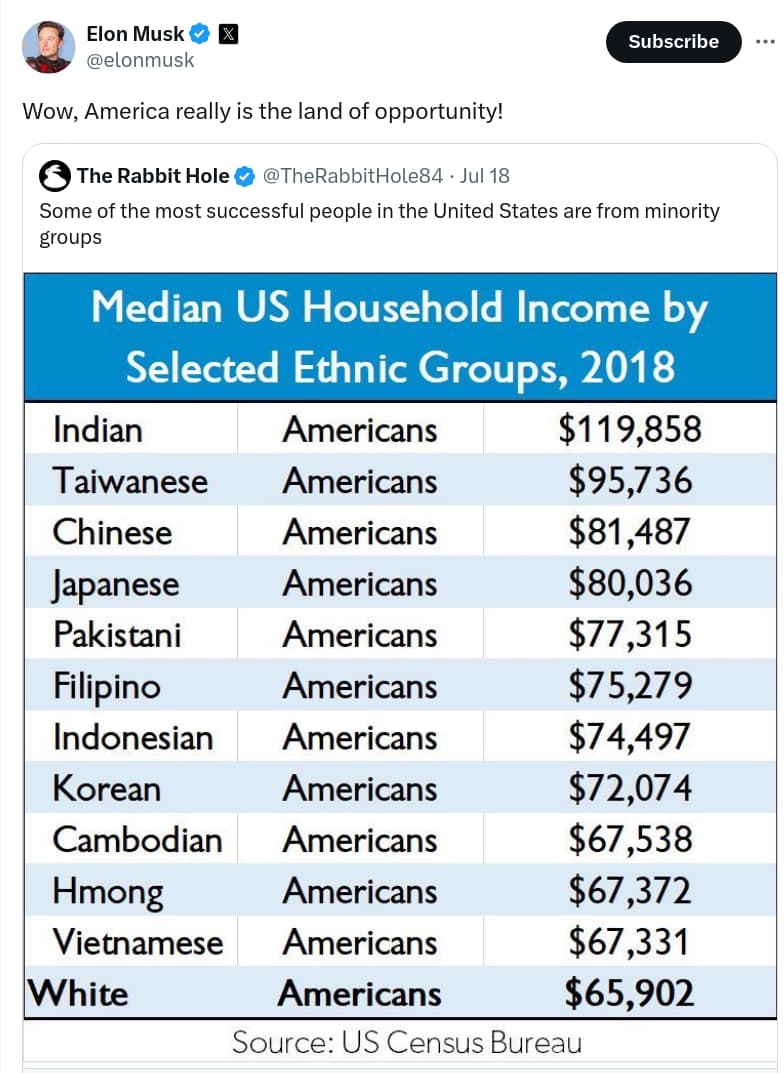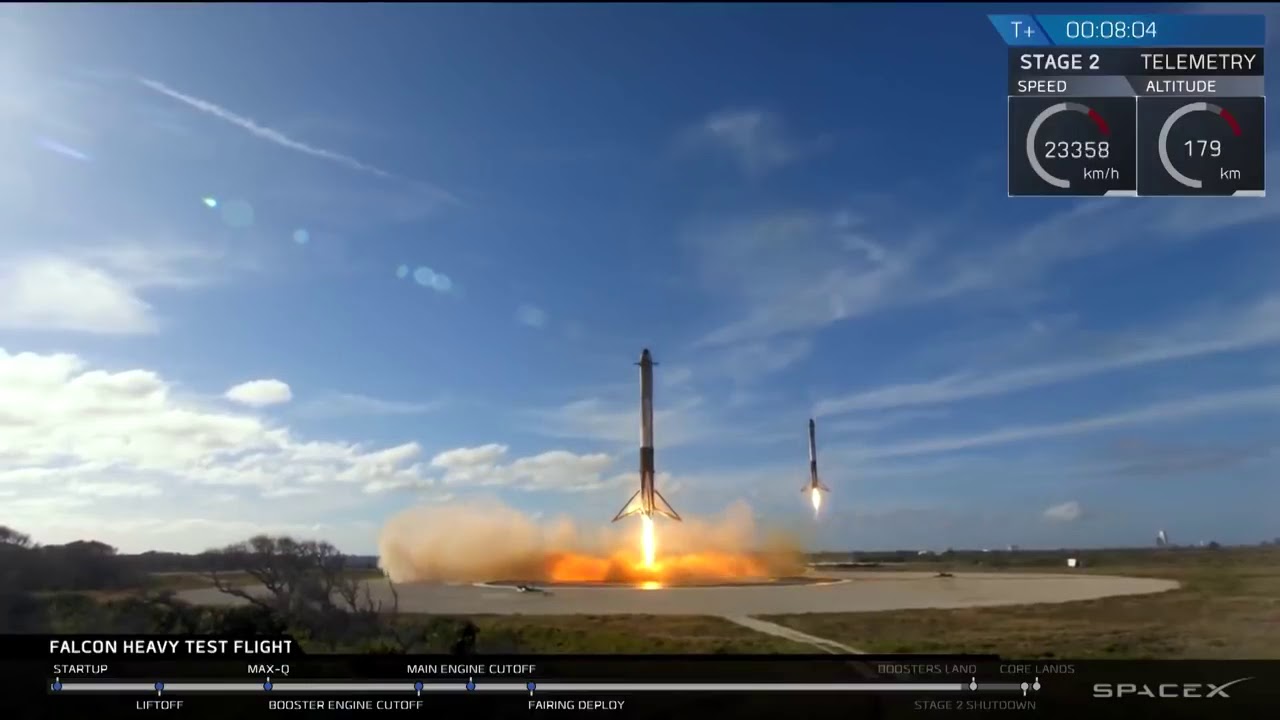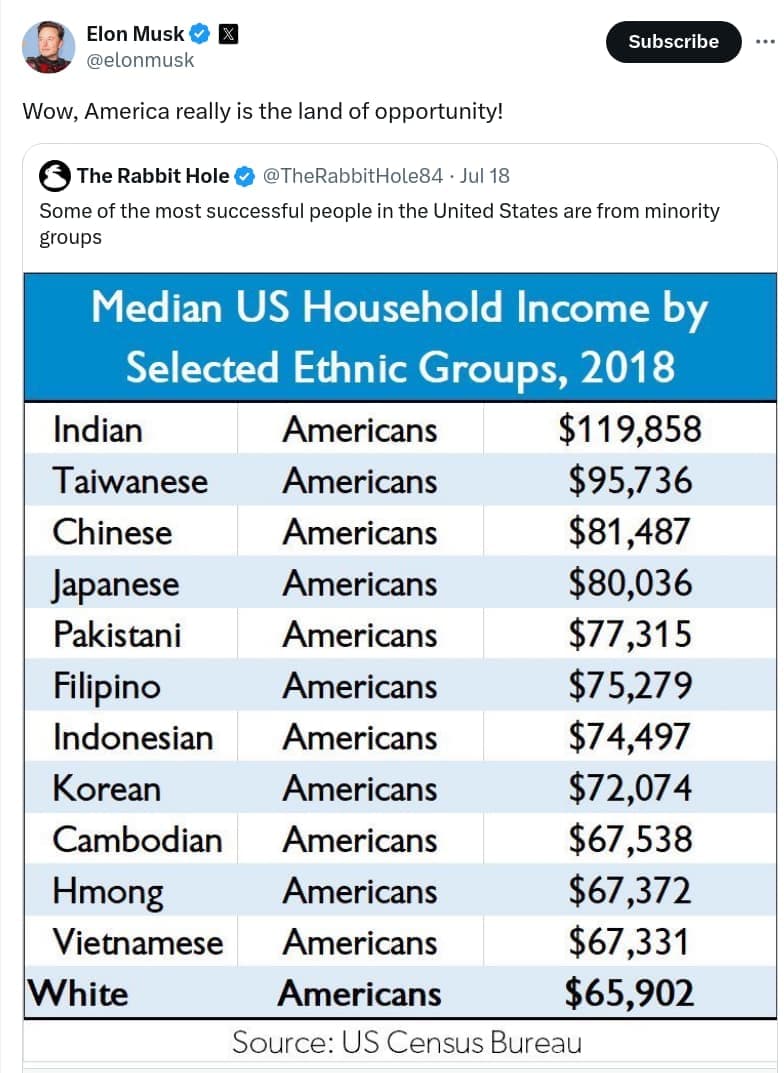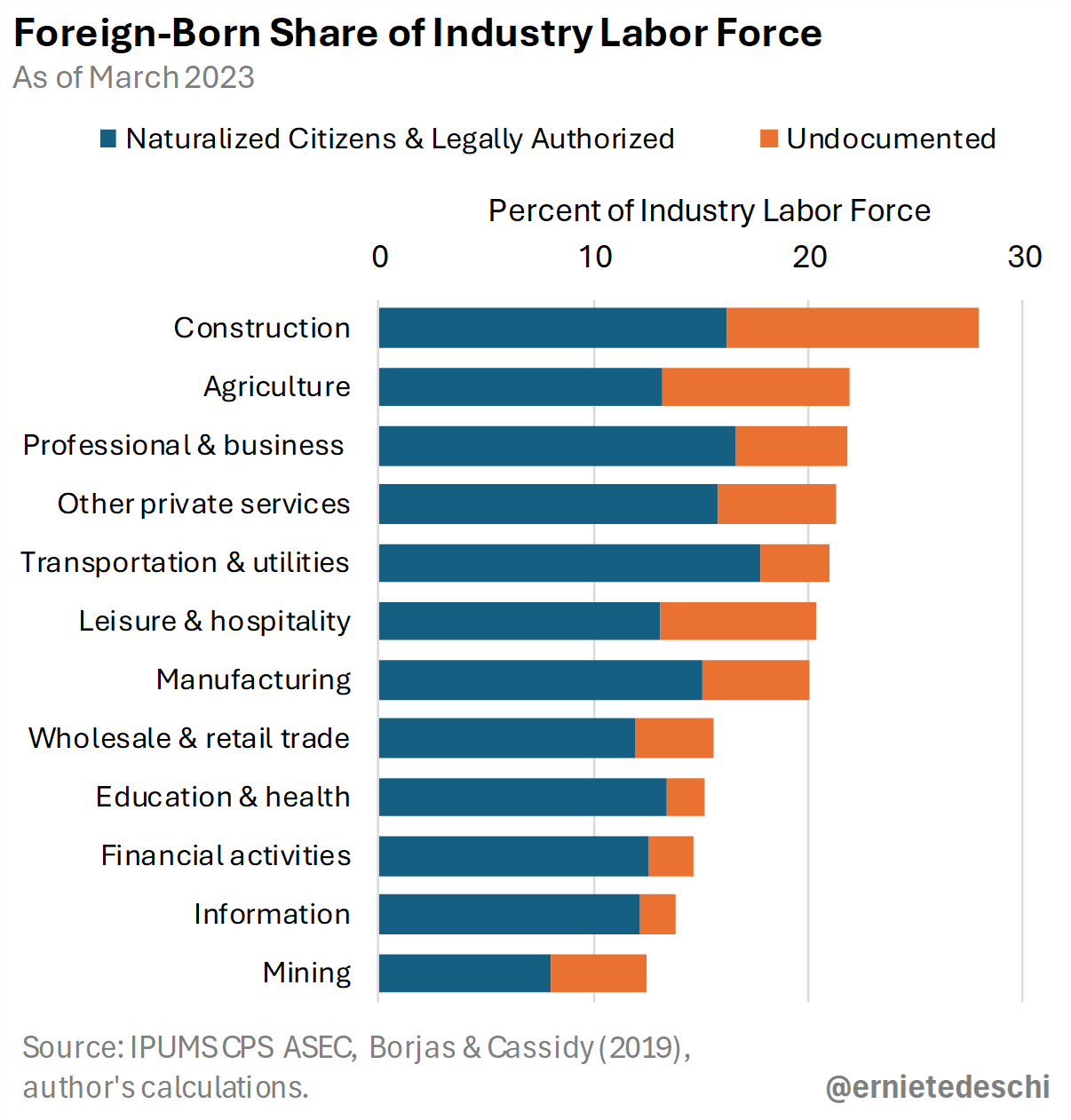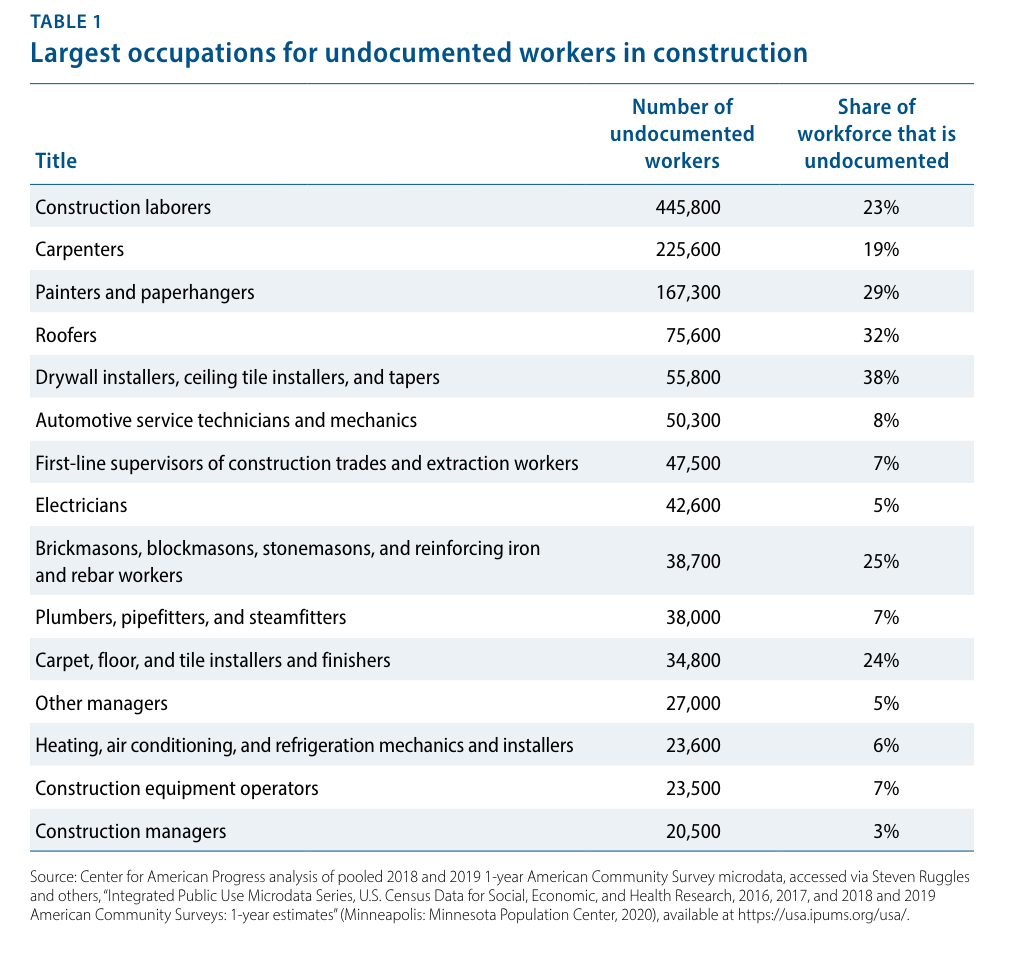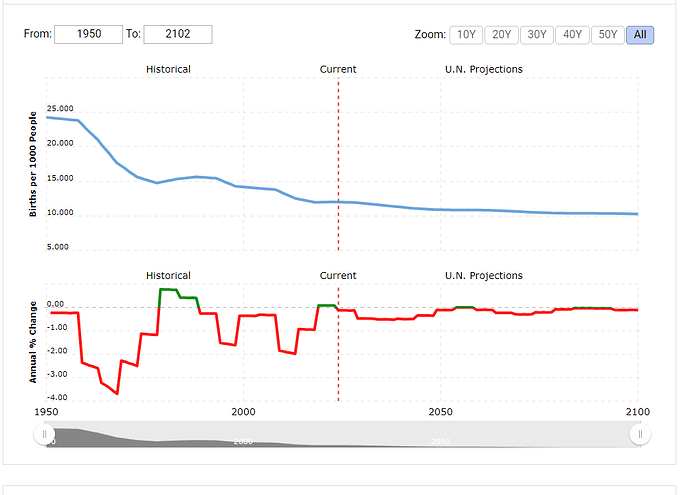In actuality, I was asking where will all the technical talent going to come from. That is kind of opposite of convincing you that technical talent isn’t needed.
There is very little fully manual manufacturing. Every machine has a control system. Anything with a start/stop button has a control system. Every machine builder will have a controller and a program to run the machine.
Automation is a broad brush. Every machine that is sold is automated to some degree and has been for years and years.
In order to discuss automation, definitions are important. It can be confusing because so many unit operations and process steps are already automated. To clarify my definition… the unit operation I am referring to is an individual operation within a larger manufacturing line. An example being a welding step in a automotive assembly line. That individual operation can be broken down into the many steps required. A machine may do some, most or all of these steps and be considered automated. Some, most or all of the unit operations may be fully automated and the manufacturing line can be called automated.
In manufacturing something is called automated when it used to be done by a human.
A fully automated process is what is commonly called “lights out” manufacturing. Meaning you can shut the lights off because there is no human involvement. Every single process step of every single unit operation included in the making of an output is done without human involvement.
Thus, automation is a spectrum between the elimination of a manual human preformed process step and no human involvement in any process step. In any sophisticated product there are literally thousands of process steps. At what point are we going to define it as automated?
Therefore, to say that automation is important is not arguable. It is also a given and has been for over 35 years that control systems are crucial part of manufacturing. If instead, you are saying that “lights out” manufacturing is a requirement for reindustrialization. I disagree.
The bad news is that starting from scratch (automating something you never made) is extremely hard and has a high probability of failure. It is an iterative process and it is hard to iterate on something that doesn’t exist.
Finally, the discussion about automation as a way to make the US competitive skips an important question. The built in assumption is that the only reason the US has lost manufacturing is due to labor cost. I have written on here previously that often the real reason is tax and duties. I illustrated it with a simple example calculation, but I have been involved in in depth analysis for capital projects and tax and duties is the main driver. Granted this is for sophisticated competent manufacturing that faced real competition and didn’t have a government backstop. Not industries that have been protected for 50 years like the auto industry.
Another simple question that is being skipped over is: If you assume that the manufacturing can be “lights out”, would the US have a competitive advantage?
Will China, which has a head start and a huge advantage for implementation, not fully automate? What drives the cost of a product when it is automated (when labor is removed)? Raw materials, energy and tax. How does the US stack up on those when everywhere everything is fully automated?
